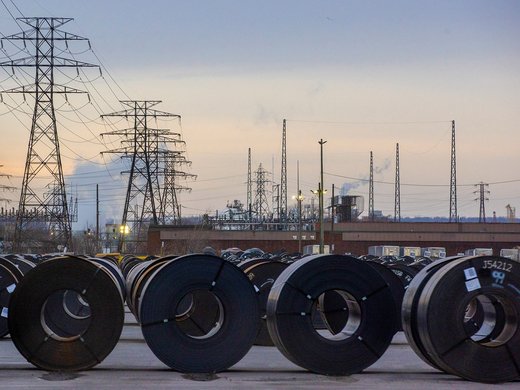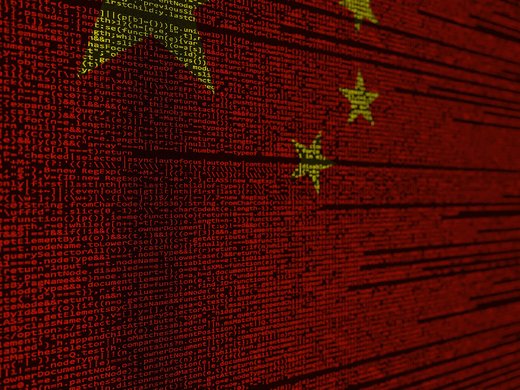In the last few years, China has experienced a think-tank boom in response to the government’s call for “new types of think tanks with Chinese characteristics.” What exactly are these Chinese characteristics? How do Chinese think tanks compare with familiar models of think tanks in Western countries such as the United States and Canada? How do these Chinese characteristics affect the ability of Chinese think tanks to fulfill the mission set for them by China’s leaders? These are the questions explored in this paper. On balance, the Chinese characteristics of these think tanks — their relationship with the government and the way they carry out their functions — limit their effectiveness in improving policy making and increasing the country’s soft power. They may be a useful instrument for the party-state to guide public opinion in China for the time being, but that may not be a sustainable or a particularly valuable role for think tanks in the long run.


